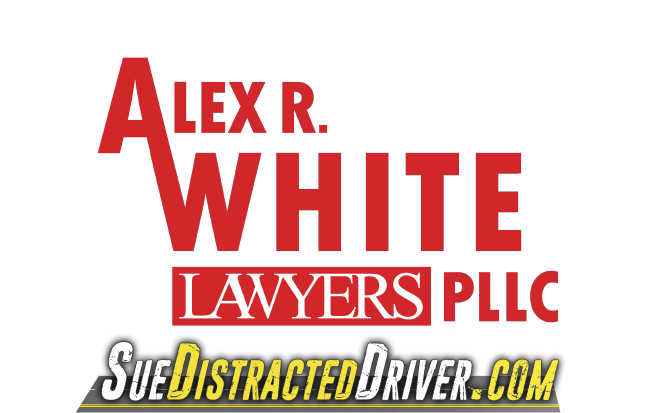Resources

5 Common Mistakes to Avoid After a Car Wreck in Louisville
Car wrecks can be traumatic and overwhelming, leaving victims unsure of what to do next. Unfortunately, mistakes made immediately following an accident can impact your ability to recover fair compensation. To protect your rights and maximize your chances of a successful claim, it’s important to know what not to do after a car wreck. This guide highlights five common mistakes to avoid and explains how taking the right steps can make all the difference.
Table of Contents
Failing to Call Emergency Services
Not Documenting the Accident Scene
Admitting Fault or Apologizing
Delaying Medical Attention
Speaking to Insurance Adjusters Without Legal Representation
Frequently Asked Questions
1. Failing to Call Emergency Services
One of the most common mistakes is not calling 911 after a car wreck. Some drivers may think it’s unnecessary if the accident seems minor, but contacting emergency services is critical for several reasons:
Ensures Safety: Emergency responders can assess injuries and manage hazards at the scene.
Creates an Official Record: Police reports serve as vital evidence for insurance claims and legal proceedings.
Identifies Fault: Officers may document behaviors like distracted driving or traffic violations that caused the crash.
What to Do Instead:
Always call 911 after an accident, even if the damage appears minimal. Request a copy of the police report for your records.
2. Not Documenting the Accident Scene
Failure to document the accident scene can make it harder to prove what happened later. Vital evidence, such as vehicle damage or skid marks, may disappear quickly, leaving your case unsupported.
What You Miss:
Photographs of the scene and vehicles.
Witness contact information.
Notes about weather and road conditions.
What to Do Instead:
Take clear photographs of:
All vehicles involved, including license plates.
The surrounding area, such as traffic signs and road conditions.
Any visible injuries.
If there are witnesses, collect their names and contact details.
3. Admitting Fault or Apologizing
In the heat of the moment, it’s natural to express concern or apologize, but these actions can be interpreted as admitting fault. Statements made at the scene can be used against you by insurance companies or opposing counsel.
Why This Matters:
Kentucky follows comparative negligence rules, meaning your compensation can be reduced if you’re found partially at fault.
Admitting fault without all the facts could weaken your case.
What to Do Instead:
Stick to the facts when speaking to the other driver, police, or witnesses. Avoid making statements about fault or apologizing, as these could be misinterpreted.
4. Delaying Medical Attention
Some car accident injuries, such as whiplash or concussions, may not show symptoms immediately. Delaying medical care can not only jeopardize your health but also harm your personal injury claim.
What Happens When You Delay:
Opposing parties may argue your injuries weren’t serious or were unrelated to the accident.
Untreated injuries can worsen over time, leading to prolonged recovery.
What to Do Instead:
Seek medical attention as soon as possible, even if you feel fine. A doctor’s evaluation provides documentation of your injuries, which is critical for your case.
5. Speaking to Insurance Adjusters Without Legal Representation
Insurance companies often contact accident victims shortly after a wreck. While adjusters may seem helpful, their goal is to minimize payouts—not to protect your interests. Saying the wrong thing can jeopardize your claim.
Common Pitfalls:
Agreeing to a quick settlement offer without understanding the full extent of your damages.
Providing recorded statements that could be used against you.
What to Do Instead:
Before speaking to an insurance adjuster, consult with a personal injury attorney. They can guide you on what to say and ensure your rights are protected.
Frequently Asked Questions
Q1: What should I do if the other driver refuses to share their insurance information?
A1: Remain calm and avoid confrontation. Report the incident to the police, as they can obtain the necessary information for your claim.
Q2: How soon after a car wreck should I contact an attorney?
A2: It’s best to consult an attorney as soon as possible to ensure your rights are protected and evidence is preserved.
Q3: Can I still file a claim if I was partially at fault for the accident?
A3: Yes, Kentucky follows comparative negligence rules. Your compensation may be reduced by your percentage of fault, but you can still recover damages.
Q4: How long do I have to file a personal injury claim after a car wreck in Kentucky?
A4: The statute of limitations for personal injury claims in Kentucky is typically one year from the date of the accident.
Conclusion
Car wrecks can leave victims vulnerable, but avoiding these common mistakes can significantly improve your chances of recovering fair compensation. By calling emergency services, documenting the scene, seeking medical attention, and consulting an attorney, you can protect your health, rights, and future.
At Sue Distracted Driver, we specialize in helping car accident victims in Louisville and throughout Kentucky. Contact us today for a free consultation to discuss your case and take the first step toward justice.
This is an advertisement. Alex White is a lawyer licensed solely in Kentucky. Work may be performed by another Attorney. Offices at 904 Minoma Avenue, Louisville, KY 40217 and 2813 Main Street, Hurricane, WV 25526.
This is an advertisement. Alex White is a lawyer licensed solely in Kentucky. Work may be performed by another Attorney. Offices at 904 Minoma Avenue, Louisville, KY 40217 and 2813 Main Street, Hurricane, WV 25526.


Location
904 Minoma Avenue Louisville, KY 40217

Phone
800.929.4486

Fax
502.585.3559

Alex@arwhitelaw.com
All rights reserved by Alex White. Copyright 2025. Website design by SuBo.


Location
904 Minoma Avenue Louisville, KY 40217

Phone
800.929.4486

Fax
502.585.3559

Alex@arwhitelaw.com
All rights reserved by Alex White. Copyright 2023. Website design by Shark Jockey.

